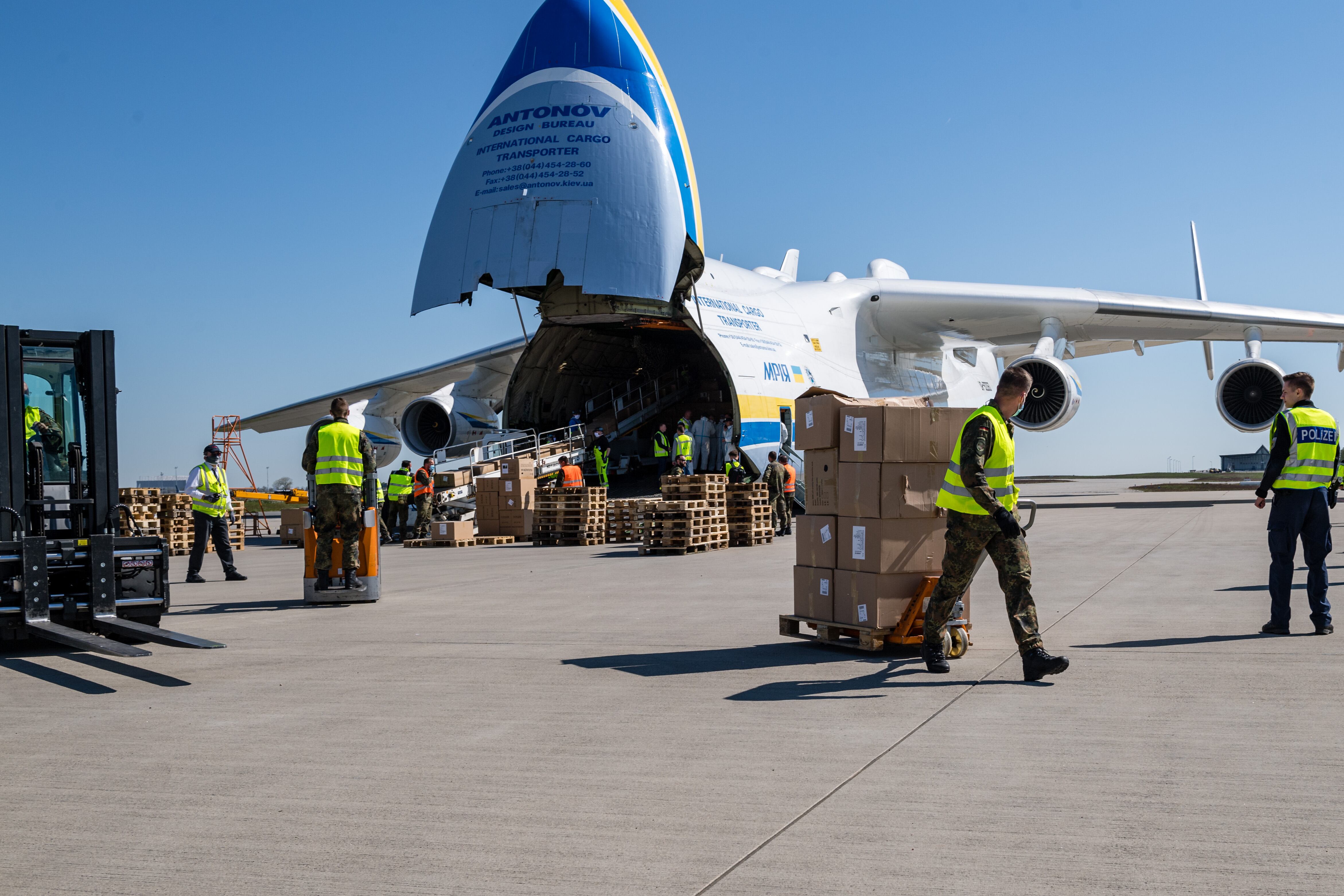COLOGNE, Germany — NATO Secretary General Jens Stoltenberg wants the alliance to take on a greater political role in world affairs and help nations in the Asia-Pacific region contend with China’s rise.
“Military strength is only part of the answer,” Stoltenberg said Monday in a speech during an online event organized by the Atlantic Council and the German Marshall Fund of the United States. “We also need to use NATO more politically.”
He said alliance member should adopt a more global approach to security issues, unlike the Europe- and North America-centric tack that has often shaped the alliance's agenda. “This is not about a global presence, but a global approach,” he said.
“As we look to 2030, we need to work even more closely with like-minded countries, like Australia, Japan, New Zealand and [South] Korea, to defend the global rules and institutions that have kept us safe for decades, to set norms and standards in space and cyberspace, on new technologies and global arms control, and ultimately to stand up for a world built on freedom and democracy, not on bullying and coercion.”
Those words are a veiled description of what Western analysts believe is a policy of China blackmailing weaker nations in its orbit through economic and diplomatic pressure. As Stoltenberg put it, Beijing becoming militarily and economically stronger represents a “fundamental shifting" in the global balance of power in which the Western alliance should not be caught flat-footed.
Stoltenberg repeatedly invoked NATO cohesion as an organizing principle for the alliance, imploring members to "resist the temptation of national solutions.”
RELATED

His comments came as the Trump administration is reportedly considering what critics have called just that: a partial U.S. troop reduction in Germany without consulting allies. The Pentagon previously portrayed its presence in Germany as a testament to America’s commitment to Europe, especially following Russia’s annexation of Crimea from Ukraine in 2014.
The NATO chief dodged a question on the report, first made public by the Wall Street Journal, instead trumpeting the U.S. military’s deepening involvement in Europe.
Meanwhile, it is hard to evaluate the seriousness of the reported move, especially because U.S. lawmakers and leaders in Berlin were left in the dark.
Some media outlets have speculated that a moment of anger by U.S. President Donald Trump about German Chancellor Angela Merkel prompted the idea, while Reuters cited an unnamed official saying that Gen. Mark Milley, the chairman of the Joint Chiefs of Staff, had worked on the issue for months.
Retired Lt. Gen. Ben Hodges, a former commander of U.S. Army troops in Europe, told Defense News he finds it unlikely that senior military officials were onboard.
“I don’t believe that at all,” he said. “No way such a significant decision could be kept under wraps in Washington, D.C., for that long. Based on the conversations I’ve had the last four days, there’s no doubt in my mind that this was a shock to all military leadership in Europe.”
Hodges also criticized Polish officials for being eager to fill a potential void. “I would prefer that our Polish allies focus on the importance of the cohesion of the alliance versus immediately signaling that they’d be happy to host U.S. troops that might move from Germany,” he wrote in an email. “Poland is a great ally. But their security is best when we have a strong, unified alliance that is built around a strong USA-Germany relationship.”
Sebastian Sprenger is associate editor for Europe at Defense News, reporting on the state of the defense market in the region, and on U.S.-Europe cooperation and multi-national investments in defense and global security. Previously he served as managing editor for Defense News. He is based in Cologne, Germany.







